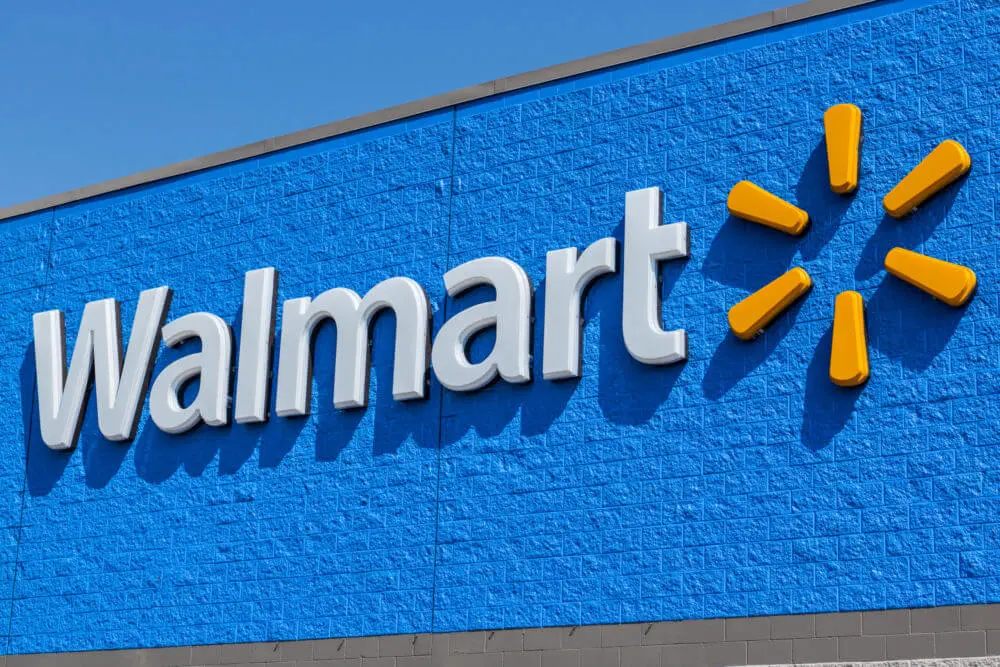According to reports, Walmart is one of the latest companies preparing to enter the metaverse. The company filed seven trademark applications in late December, and plans to release its cryptocurrency and non-fungible tokens (NFTs).
Walmart’s trademark application revealed the company also plans to make and sell virtual goods, like electronics, toys, sporting goods, and more. The company released a statement saying its, “continuously exploring how emerging technologies may shape future shopping experiences.”
However, the company didn’t offer a statement on any specific trademark applications. If Walmart does decide to enter the metaverse, it will join the ranks of Disney, Facebook, and Nike.
What Is the Metaverse?
Last fall, Facebook announced it was changing the name of its parent company to Meta. The move signaled that the company is moving beyond social media and plans to invest heavily in the metaverse.
The metaverse is a digital world where people can interact using avatars, and it’s quickly become one of the biggest buzzwords in the tech space. It’s a 3D experience that lets you explore a virtual landscape using a VR headset or AR goggles.
Anyone who’s played online video games is familiar with the concept. But what makes the metaverse unique is that it has implications beyond just gaming, and could influence industries like marketing, finance, and blockchain technology.
Since Facebook’s announcement, many well-known companies have filed trademark applications. Nike plans to sell virtual sneakers and apparel. The company also has plans to team up with the online gaming platform Roblox to create an online reality called Nikeland.
Retailers like Urban Outfitters and Abercrombie & Fitch have also filed trademarks within the past month. The metaverse is an emerging trend that few retailers want to miss out on.
Opportunities and Challenges Lie Ahead
According to analysts at Morgan Stanley, the metaverse could be an $8 trillion opportunity, which is why so many companies are rushing to claim their corner of the metaverse. The metaverse could lead to additional revenue streams, and creating digital products can cut down on transaction costs.
And according to Patrice Louvet, CEO of Ralph Lauren, the metaverse could be a way for brands to appeal to younger consumers. “One of our strategies is to win over a new generation and the new generation is there. So we have to be there,” Louvet said.
However, the metaverse is still in the early stages of development, and there are challenges to work out. For instance, how will consumers’ data be used in the metaverse? Some people have concerns that the metaverse will just be another opportunity for large tech companies to access more data.
There’s also the issue of privacy — how will companies be able to manage data security issues in the metaverse? It will likely require creating all new security measures to protect the privacy of users.
And most importantly, it remains to be seen whether consumers will buy into the idea of the metaverse. Even still, it makes sense for companies like Walmart to continue to explore the possibilities that exist with the metaverse.
Disclaimer: The information and insights in this article are provided for informational purposes only, and do not constitute financial, legal, tax, business or personal advice from National Business Capital and the author. Do not rely on this information as advice and please consult with your financial advisor, accountant and/or attorney before making any decisions. If you rely solely on this information it is at your own risk. The information is true and accurate to the best of our knowledge, but there may be errors, omissions, or mistakes.

